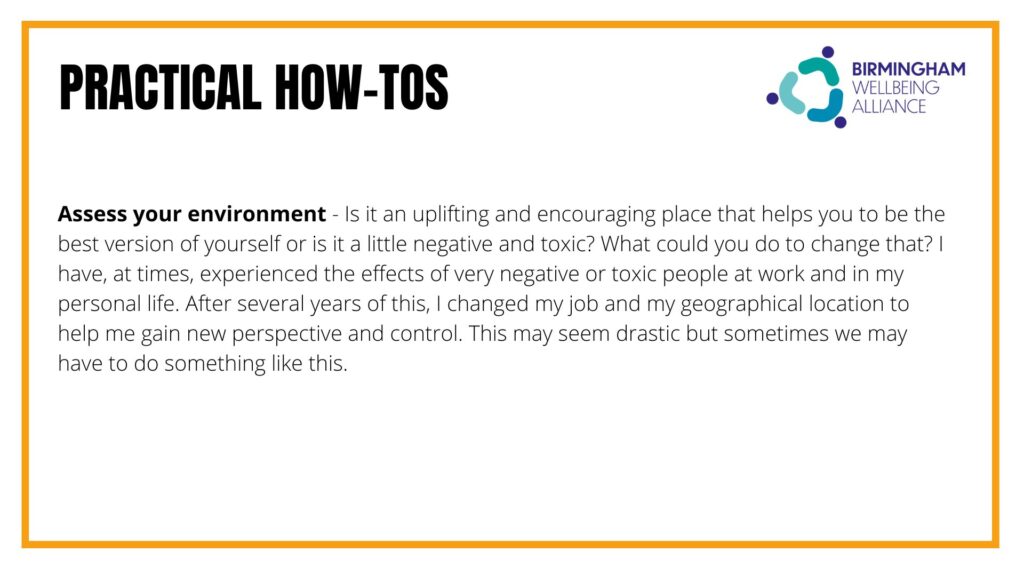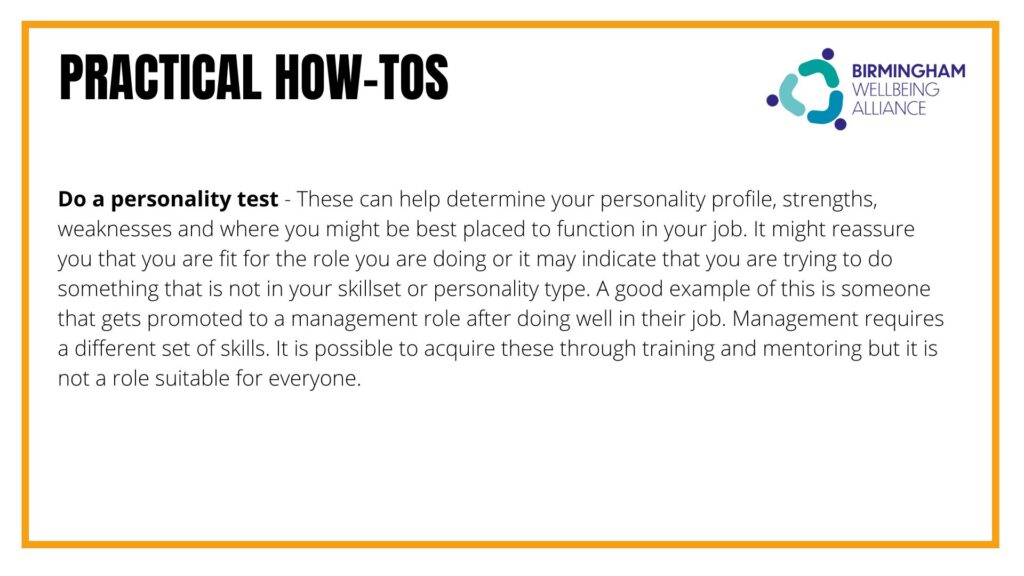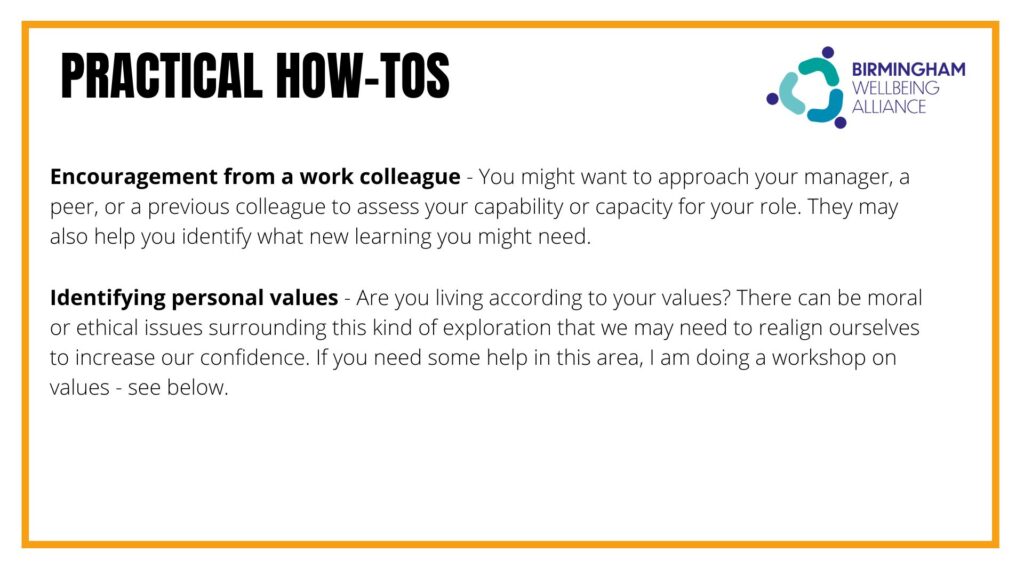Welcome to the July edition of Mind Gym – how to reduce imposter syndrome to enable you to perform better at work and empower you in your personal life.
A big part of my identity has been as ‘the achiever’.
Always seeking to get to that next goal, striving to reach the next destination. Checking off that to-do list, trying to perform to the best of my ability to be seen to be doing well. A little afraid to make mistakes, not wanting to get things wrong.
There’s also an acceptance thing in the mix. Where do I fit in? Which culture and class do I fit into? You might be able to fill in the gaps for your particular uncertainty. All of these things can often lead me to a deeper feeling of being a bit of a fake or even an imposter.

As I drill down, I become aware of some unhelpful beliefs, thoughts, feelings and behaviours in me. “I need to try harder, or do better”. “I’m not going to make it”. “Am I good enough?” Drilling down even further to my core beliefs, I have also found that “the world is not a safe place”. So how do I deal with this imposter feeling?
Self-awareness is an amazing way of spotting the unhelpful parts of my ‘achiever’ mentality that leads to imposter syndrome. As I start to notice some of these unhelpful thoughts, feelings and behaviours, I’m then faced with a choice about what to do next. I can do this by asking myself some questions.
Are these NATs (negative automatic thoughts) really true or false? I can then begin to make some choices about what I believe about myself. This can affect the way I feel about myself and even the way I end up behaving as a result of thinking and feeling this way.

By changing my perspective I can replace unhelpful beliefs that in turn can affect my thoughts, feelings and behaviour. I can replace the old NATS with new PETs (Positive Encouraging or Empowering Thoughts) in my mind. Another way of looking at this is rewiring the neural pathways in our minds.



I hope these tools empower you in tackling your feelings of ‘fraud’ or ‘imposter syndrome’ when they come.


